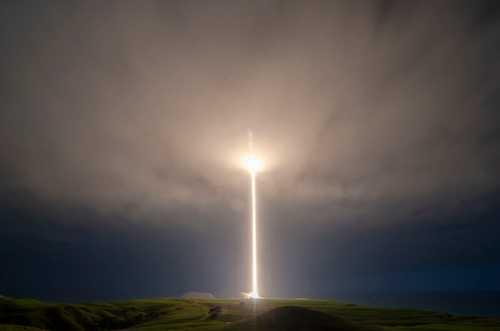How small satellites are radically remaking space exploration
Curated from: arstechnica.com
Ideas, facts & insights covering these topics:
4 ideas
·490 reads
11
Explore the World's Best Ideas
Join today and uncover 100+ curated journeys from 50+ topics. Unlock access to our mobile app with extensive features.
NASA - planetary science
At the beginning of this year, NASA scientists had to decide which missions should explore our Solar System. They chose four missions for further study from the 20 intriguing ideas submitted. From these, they will pick two to fund fully.
This is how NASA has done planetary science for decades, and the process has succeeded phenomenally. Yet, there is so much more we can learn about the Solar System.
30
192 reads
Emerging technologies for space exploration
Two emerging technologies may propel NASA and the rest of the world into an era of faster, low-cost exploration that would lead to more exploration and democratise access to the Solar System.
- A new generation of companies is developing new rockets for small satellites. Rocket Lab has a lunar program for its small Electron rocket, and Virgin Orbit with a group of Polish universities is to launch up to three missions to Mars with its LauncherOne vehicle.
- At the same time, various components of satellites are being miniaturised.
- Tiny satellites are no longer theoretical. Two years ago, a pair of CubeSats, called MarCO-A and MarCO-B, launched with the InSight mission. The briefcase-sized satellites deployed their own solar arrays and journeyed to Mars.
24
90 reads
Small sats in deep space
NASA had several goals with MarCO. The MarCOs proved that small satellites could thrive in deep space and stream data back home.
A few months after their mission ended, the European Space Agency announced that it would send two CubeSats on its "Hera" mission to a binary system.
23
119 reads
Spurred interest in small satellite missions
Interplanetary small satellite missions spurred interest in the emerging new space industry.
Polish scientists believe they can build a spacecraft with a mass of 50kg or less that can take high-quality images of Mars and its moon, Phobos. It might also be able to study the Martian Atmosphere. Access to low-cost launch was a key enabler of the idea.
23
89 reads
IDEAS CURATED BY
Smoky Joe's ideas are part of this journey:
Learn more about sciencefiction with this collection
Why happiness is the ultimate goal
The importance of creating value
How to create wealth in the modern era
Related collections
Similar ideas
13 ideas
In Depth | Mars – NASA Solar System Exploration
solarsystem.nasa.gov
3 ideas
How Did Mars Get its Moons?
thoughtco.com
Read & Learn
20x Faster
without
deepstash
with
deepstash
with
deepstash
Personalized microlearning
—
100+ Learning Journeys
—
Access to 200,000+ ideas
—
Access to the mobile app
—
Unlimited idea saving
—
—
Unlimited history
—
—
Unlimited listening to ideas
—
—
Downloading & offline access
—
—
Supercharge your mind with one idea per day
Enter your email and spend 1 minute every day to learn something new.
I agree to receive email updates

